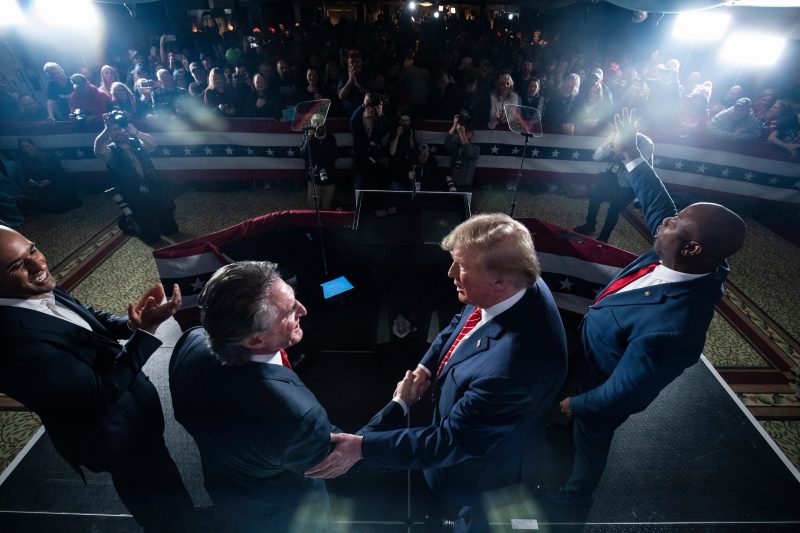In the contemporary political landscape, the notion of Biden dictatorship has emerged as a prominent narrative within right-leaning circles. This framing of President Joe Biden as a potential dictator arises from a combination of factors, including policy decisions, rhetoric, and broader societal trends. While this perspective is often criticized as hyperbolic and misleading by his supporters, it is important to delve into the nuances surrounding this narrative to understand its implications and underlying motivations.
One key aspect of the Biden dictatorship narrative is the portrayal of his administration as overreaching and authoritarian. Critics point to executive orders that bypass Congress, increased government spending, and proposed social programs as evidence of a consolidation of power that mirrors dictatorial tendencies. Additionally, concerns about censorship, cancel culture, and perceived attacks on free speech have fueled fears of an erosion of democratic principles under the current administration.
Moreover, the rhetoric used by some conservative politicians and media outlets plays a crucial role in shaping the perception of Biden as a potential dictator. Phrases such as radical agenda, socialist takeover, and tyranny are frequently employed to evoke images of authoritarian rule and incite fear among the populace. By framing policy decisions and political initiatives as threats to individual freedoms and constitutional rights, opponents of the Biden administration seek to galvanize support and mobilize resistance to what they perceive as a looming dictatorship.
Another dimension of the Biden dictatorship narrative is the broader cultural and ideological divide that permeates American society. The increasing polarization between left and right, exacerbated by social media echo chambers and partisan news sources, has created fertile ground for conspiracy theories and alarmist narratives to take root. The demonization of political opponents and the dehumanization of those with differing viewpoints contribute to a climate of distrust and animosity that can be exploited by those seeking to sow discord and undermine the legitimacy of the sitting government.
It is important to note that the portrayal of Biden as a dictator is not without its critics and detractors. Many argue that such characterizations are unfounded, fear-mongering, and detrimental to constructive political discourse. By painting Biden as an existential threat to democracy, proponents of the dictatorship narrative risk perpetuating division, stoking extremism, and undermining the very democratic institutions they claim to defend.
In conclusion, the Biden dictatorship narrative represents a complex and multifaceted phenomenon that reflects deep-seated anxieties, political motivations, and societal fissures. While legitimate concerns about government overreach and erosion of civil liberties should not be dismissed outright, it is crucial to approach such discussions with nuance, objectivity, and a commitment to dialogue. By interrogating the underlying assumptions, biases, and agendas that underpin the portrayal of Biden as a dictator, we can strive towards a more informed and constructive discourse that upholds democratic values and fosters unity amidst diversity.
